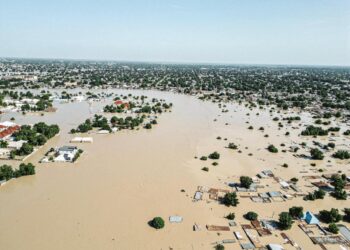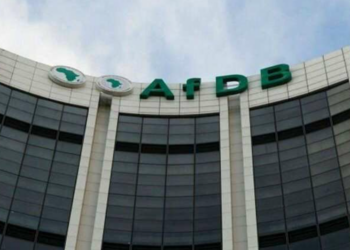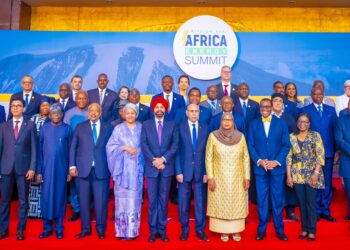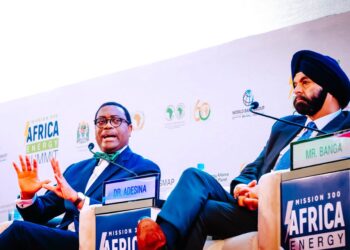The African Development Bank (AfDB) has called on African countries to devise and adopt homegrown development strategies to address the continent’s economic challenges and drive structural transformation.
AfDB Vice-President for Economic Governance and Knowledge Management, Prof. Kevin Urama, stated this during an interview with the News Agency of Nigeria (NAN).
He noted that despite billions of dollars in investments from international organizations like the World Bank and AfDB, poverty levels remain high, and structural transformation continues to lag across Africa.
Prof. Urama, who also serves as AfDB’s Chief Economist, identified inflation, currency volatility, debt sustainability, and food and energy insecurity as some of the continent’s pressing issues.
Africa is at a disadvantage in the global economic system
According to Urama, the global economic system often disadvantages African economies, necessitating a reassessment of the continent’s reliance on foreign solutions.
“Africa must focus on what it can do internally to address its challenges and create sustainable growth,” Urama stated.
- He called for policies that prioritize adding value to Africa’s natural resources locally instead of exporting raw materials, a practice rooted in the continent’s colonial past.
- Urama highlighted the need for local content policies, franchising, and preferred procurement strategies to attract capital and build industries within Africa.
“For instance, establishing a precursor factory for lithium-ion batteries in the Republic of Congo is three times cheaper than doing the same in the United States, given that the raw materials are located in Africa. This not only reduces logistics costs but also helps cut down on carbon emissions,” he said.
Advancing industrialization
The economist emphasized that fostering industrialization within Africa would create jobs, boost technological innovation, and provide significant economic benefits to both the continent and international investors.
“By building industries here, companies can save on transport costs while benefiting from Africa’s abundant natural resources and untapped economic potential,” Urama noted.
- He also advocated for leveraging Africa’s human and social capital to develop sectors that could transform economies, create jobs, and reduce poverty.
- As Africa navigates global economic uncertainties, Urama said the AfDB would continue championing policies that harness the continent’s resources, skills, and capabilities.
“It is time for Africa to rethink its development approach. We must focus on our own resources and capabilities to build sustainable economies that lift millions out of poverty and ensure a prosperous future for the continent,” Urama added.
What you should know
- The AfDB’s advocacy aligns with the broader push for African nations to achieve economic independence and resilience by leveraging homegrown solutions and strategies tailored to local realities.
- Recently, in collaboration with the Economic Commission for Africa (ECA) and the United Nations Development Programme (UNDP), the AfDB hosted the African Economic Conference (AEC).
- The event focused on strategies to secure Africa’s economic future amid growing global challenges.




















